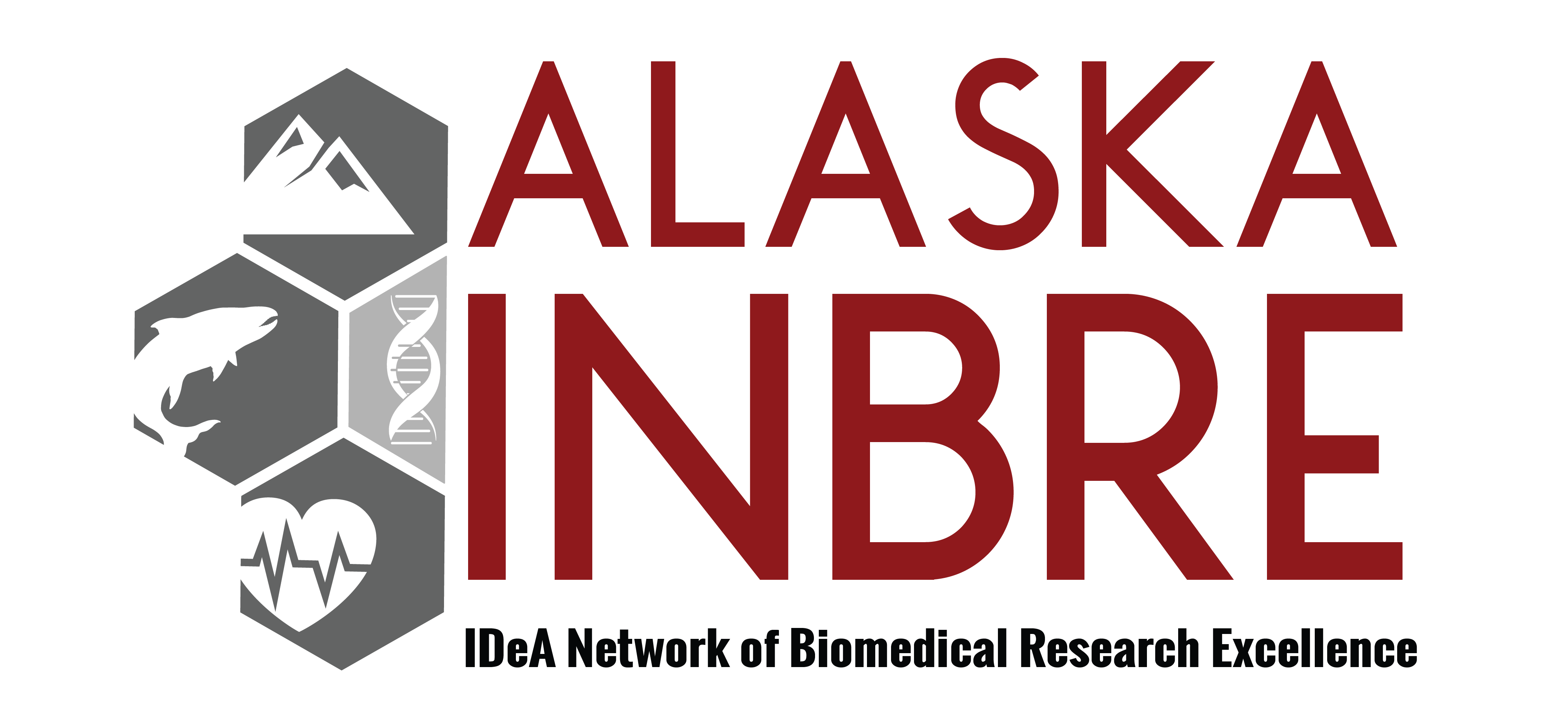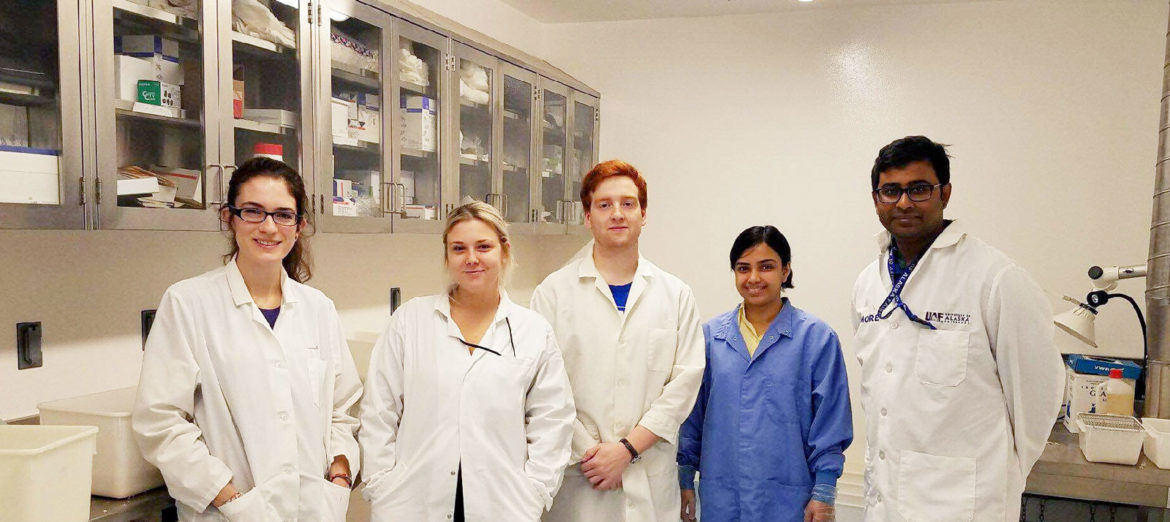SWARUP MITRA of the University of Alaska Fairbanks has been funded as an INBRE Graduate Research Assistant (GRA) for the last three years. Mitra’s re-search focuses on neurobiology of OCD during female postpartum, including the influence of lactation on postpartum mood disorders. A mouse model is used to inves-tigate if behavioral response to first line treatment during postpartum OCD is due to brain alterations, or peripheral serotonin levels induced by lactation. The study aims to improve he effectiveness of therapeutic approaches in women with OCD during the postpartum phase.
Prior to association with UAF, Mitra worked in the clinical research industry, associated in clinical trial management of drugs that are targeted at treating various types of cancer and neurodegenerative dis-orders. Participating in research was the missing piece of the puzzle for Mitra, as he wanted to learn and participate in research that ultimately leads to drug development.
“INBRE has been a savior in my research endeavors at UAF.” Mitra explains. “Continuous funding from INBRE in the past 3 years has ensured that I have all my focus channeled into conducting research. This has expedited my thesis research tre-mendously and has also allowed me to be associated with other collaborative projects and mentoring opportunities.” Mitra has mentored seven undergraduates and three high school students in projects that aim to investigate neuropsychopharmacology asso-ciated with OCD in the mouse model that he uses in the lab. Mitra states that the men-toring experience has been one of the most interesting and enjoyable aspects of his research thus far. “Mentoring has taught me patience, innovation, team management conflict management and above all, time management. All my mentees make me feel dumb every day,” he laughs. “I should ra-ther say I was mentored by sever under-graduate and high school students. I have to constantly strive to keep up with them.” Mitra has taught RAHI and ASRA modules for high schoolers and looks forward to teaching a 2-credit course on diet aging and neurodegeneration over the summer of 2017.

